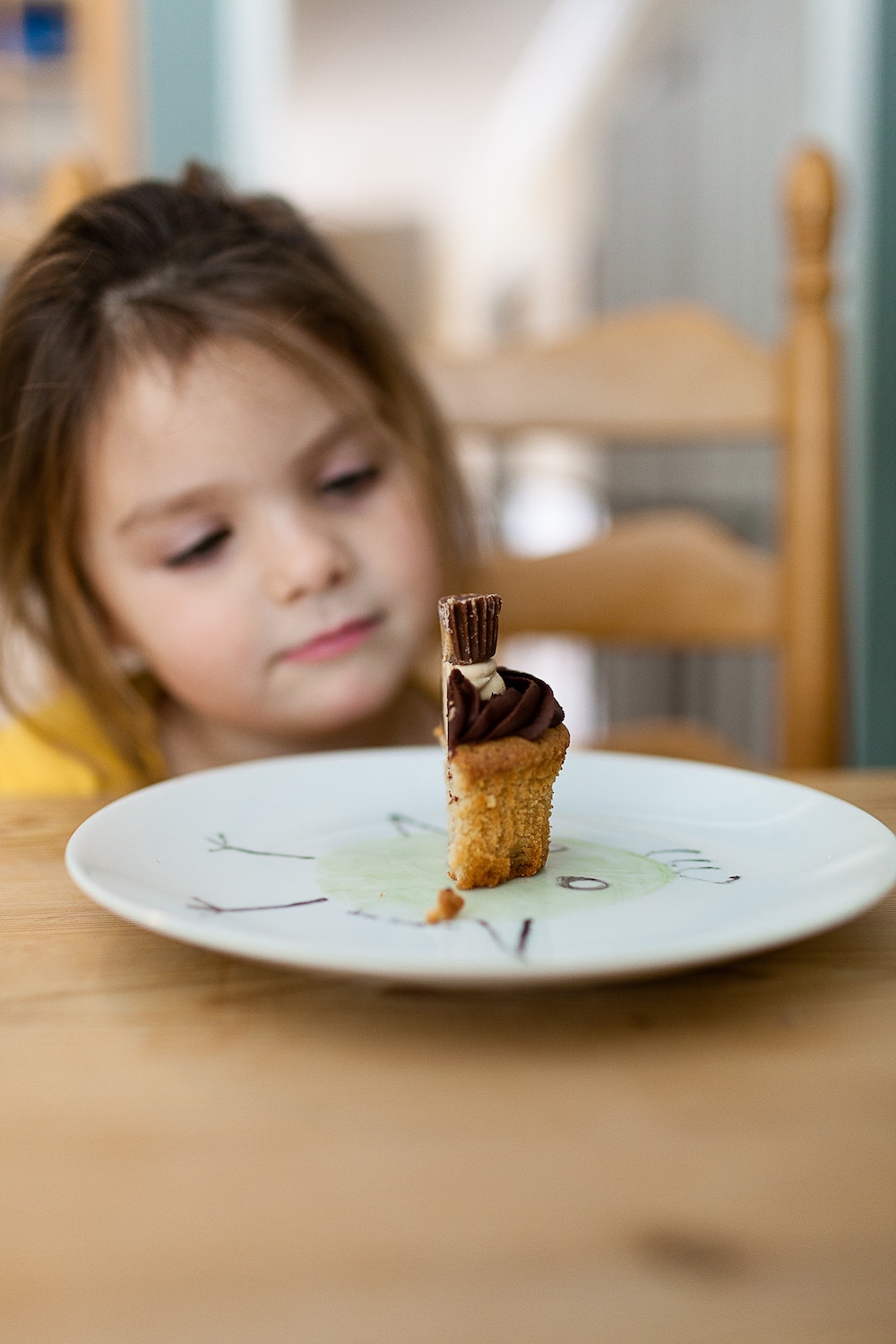How to Speak to Children About Eating Disorders
updated on Oct 25, 2019

How early is too early to discuss certain subjects? By not having those tough conversations with our kids early enough, do we risk them making mistakes due to lack of information, or worse, misinformation?

Whether you’re concerned your child may be having eating problems, or you want to make sure they’re comfortable to talk to you if they see any worrying behaviours in friends, raising the issue can be tough. You may be worried about saying the wrong thing, or not quite sure where to start. Here are a few questions to keep in mind and help to get you started:
An eating disorder is when a person uses food and/or the way they eat to cope with difficult feelings. When someone has an eating disorder, they often need help to think about food and themselves in a more healthy way.
They can be. With help and support, people can get better. That’s why it’s important to talk if you’re worried or think you might need help.
No one’s really sure. Experts think there are some things that can make us more likely to develop an eating disorder. What we do know is that people don’t choose to have an eating disorder.
Hopefully not. The best things you can do to stay healthy is to make sure you eat enough to keep growing, and tell someone if you start to worry about what you’re eating or how much you weigh.
Tips for helping kids develop a healthy relationship with food
Promoting a healthy relationship with food is the first step towards making sure children know how to talk about healthy eating, positive attitudes towards food, concerns around weight, health, and more. Try to:
Avoid skipping meals, start the day off with a good breakfast, and let the kids see you eating a balanced diet.
Keep a stock of nutritious, pre-prepared or easy-to-make snacks available.
This will help to avoid developing bad habits with sugar, salt or high-in-fat snacks. Encourage them to only snack when they’re hungry, rather than making it a habit or something to do when bored.

Explain the difference between everyday foods and sometimes foods.
By labelling foods as good, bad, or outright banning them, it can make some foods seem more appealing due to their “forbidden” nature, or could encourage negative connotations around certain foods.
This not only gives you a chance to show off your own healthy eating and be a good role model, but can also give you the chance to cook together, or let everyone have an input into the weekly menu. By giving kids the chance to choose what they’re eating, you can encourage them to consider balanced, nutritious meals. Getting them to help with the prep work can also galvanise picky eaters to try new things.
Promising chocolate for good behaviour might seem harmless, but it can teach children to rely on food to help them deal with their emotions. Switch to non-food rewards like promising to play a favourite game together or trying out a sticker chart.
For more information and support with eating disorders, visit:
- counselling-directory.org.uk for more information or to find a professional counsellor
- beateatingdisorders.org.uk for information and support from one of the UK’s leading eating disorder charities
- youngminds.org.uk for pre-teen and young adult friendly advice and information from one of the UK’s leading mental health charities
- nhs.uk for more information, or talk to your GP if you have any concerns
Support from a qualified nutritionist can help your child on their journey towards a normal, healthy relationship with food. To search for a nutrtion professional specialised in treating eating disorders, visit Nutritionist Resource.

